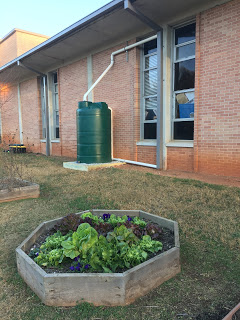Checked off the list this week
LLC registration (tip: Legal Zoom was worthless, and Georgia Secretary of State website VERY easy to use)
Business License – Dekalb County was a pleasure to work with. Really. Had a little trouble categorizing the business, which surprised me. How many manufacturer rep firms are there??? According to these guys anyway, the NAICS number is 541613.
The zoning department could have been my biggest obstacle, as there could be a real problem if I were storing the huge tanks in my front yard. Nice to see a little trust, even if they make a note to later check on me.

Liability Insurance – For a small company like mine, shopping the web was easiest. I definitely recommend using a few of the services, especially if your business doesn’t fit a neat category. GWT is going to be mostly sales, but also a little jobsite labor.
Both the Licensing and the Insurance people want to know “how much are you going to sell this year?” So do I! I decided to guess low. I think that they audit these things after your first year, and adjust next year’s bill accordingly.




